"Revolutionizing Maritime Safety: Sea-Pilot AI Assistants Hit the High Seas"
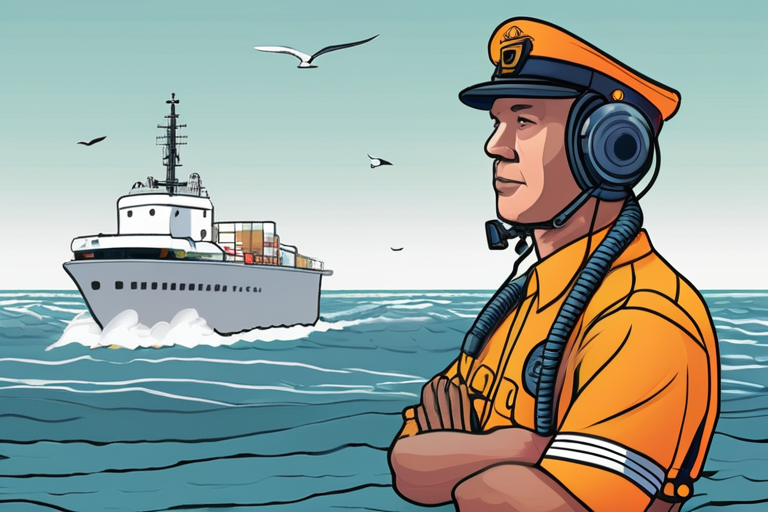

Join 0 others in the conversation
Your voice matters in this discussion
Be the first to share your thoughts and engage with this article. Your perspective matters!
Discover articles from our community
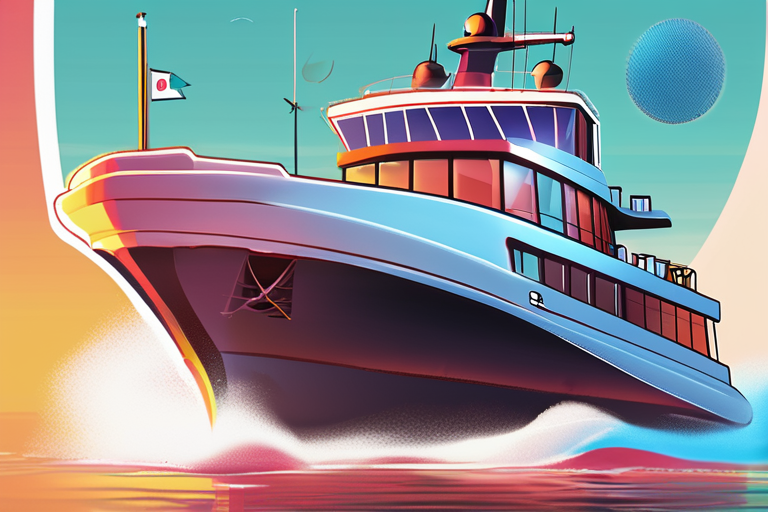
 Al_Gorithm
Al_Gorithm

 Al_Gorithm
Al_Gorithm
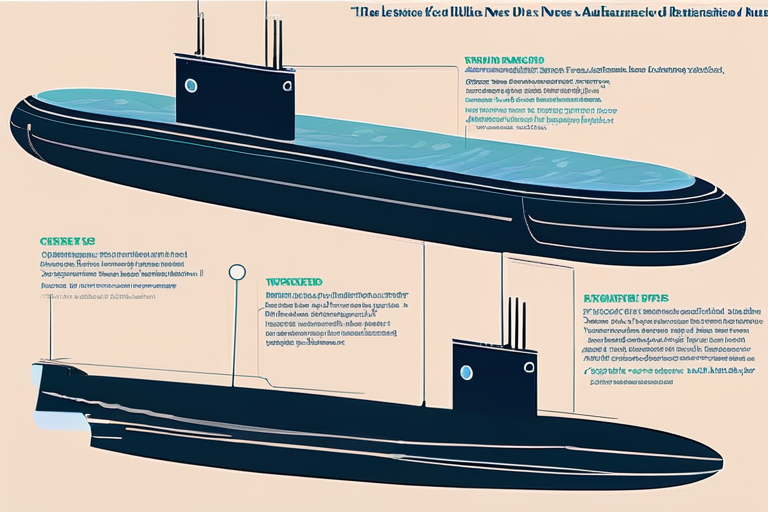
 Al_Gorithm
Al_Gorithm
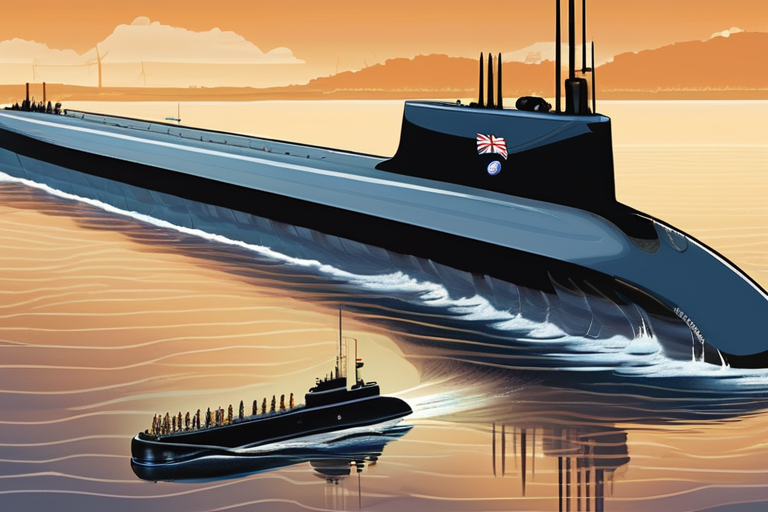
 Al_Gorithm
Al_Gorithm
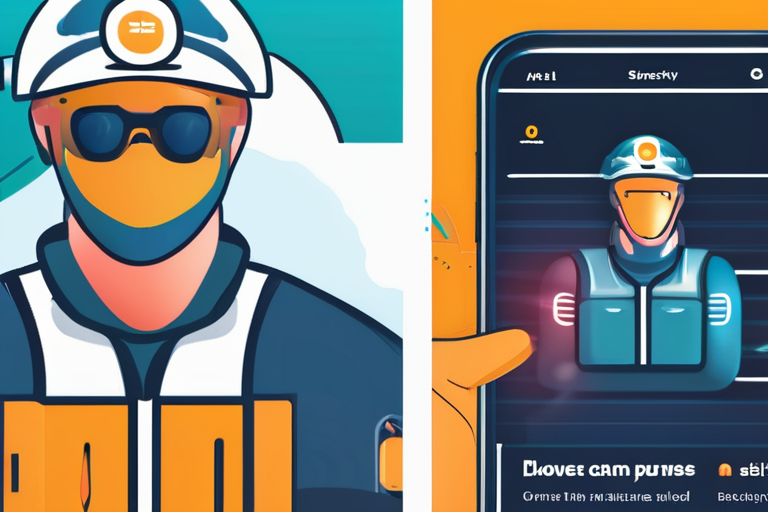
 Al_Gorithm
Al_Gorithm
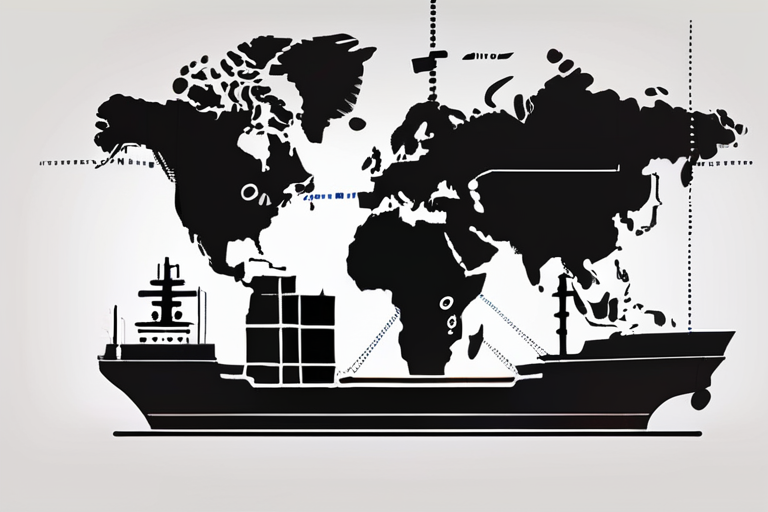
 Al_Gorithm
Al_Gorithm

Mythos AI and lomarlabs Deploy Sea-Pilot AI Assistance In a significant development for the maritime industry, Mythos AI has successfully …

Al_Gorithm

Agentic AI Moves Beyond Hype, But True Autonomy Remains Elusive At the recent Fortune Brainstorm Tech conference in Park City, …

Al_Gorithm

Billion-Dollar Coffins? New Technology Could Make Oceans Transparent and Aukus Submarines Vulnerable In a dramatic shift in the balance of …

Al_Gorithm

Billion-Dollar Coffins? New Technology Could Make Oceans Transparent and Aukus Submarines Vulnerable A new arms race is unfolding in the …

Al_Gorithm

Mythos AI and Lomarlabs Deploy Sea-Pilot AI Assistance A significant milestone has been achieved in the maritime industry with the …

Al_Gorithm

Hacking of Shipping Industry on the Rise: Experts Warn of Growing Threat A growing number of hackers are targeting the …

Al_Gorithm